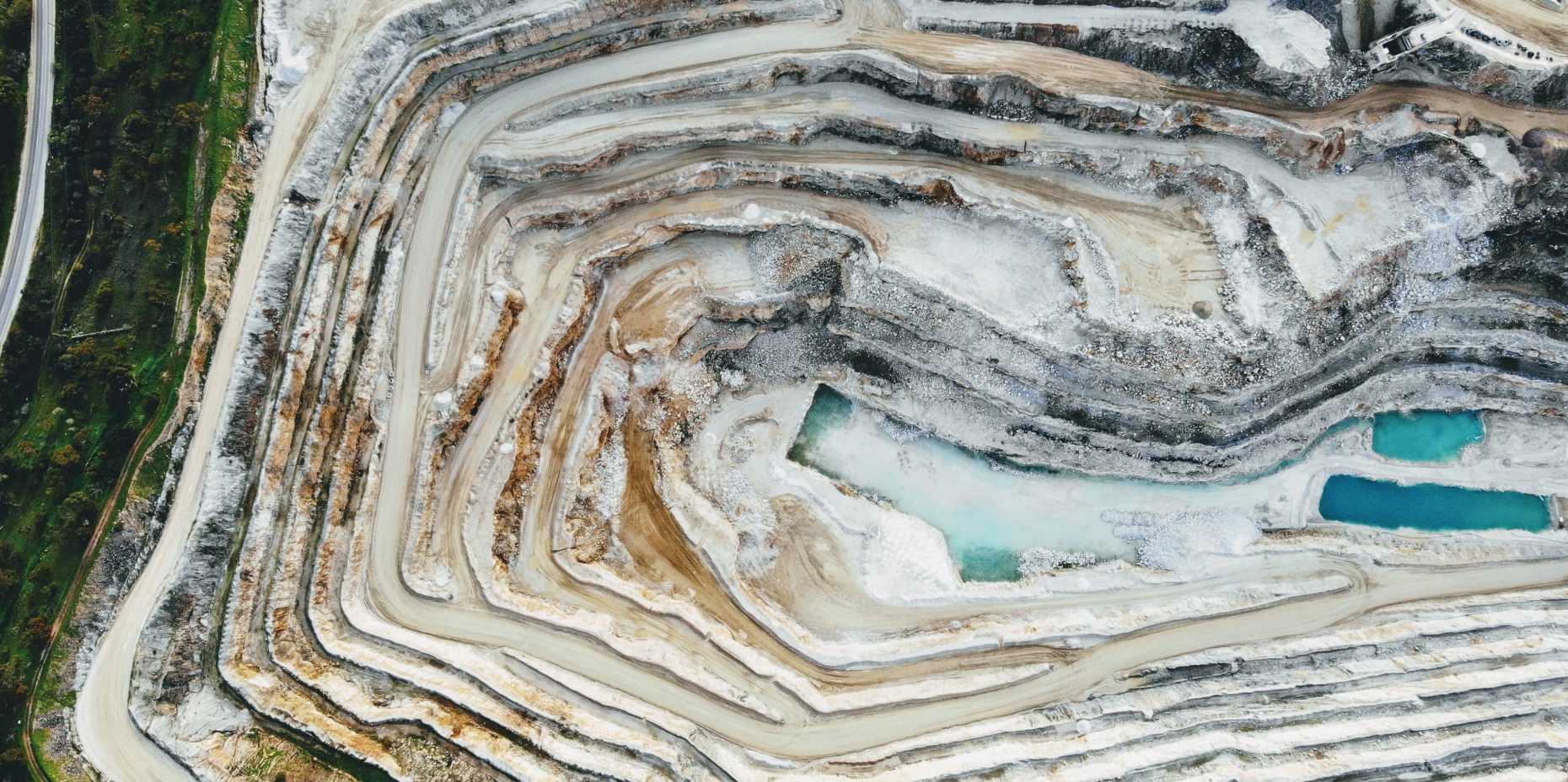Mining / Metals

Recent human evolutionary milestones are defined by the advancement in our ability to manipulate mined materials. This demand and dependency on raw minerals and metals is continuing to rise for reasons such as but not limited to an increase in the modernization of developing countries, increase in technology obsoletion/material consumption, and increase in demand for greener energy and mobility. In order to ensure the transparency of an entire supply chain, it must begin with the moment the material is extracted from the Earth.
Since the turn of this century, sustainable development, transparency, and Corporate Social Responsibility (CSR) are complementary to the ‘social licence to operate’ concept. Unlike other major industries, companies in the extractive industry require major financial investments in order to discover and define its mineral resource, thus it is more dependent on social acceptance of its intended operation location. This has led to an overwhelming number of corporate responsibility schemes of which many are industry driven or ‘self-regulated’. Moreover, stakeholders in the extractive industry has made an effort towards improving transparency, environmental, and social accountability with respect to mining activities. Despite these recent attempts, growing concerns with the integrity of responsibility reporting, pollution legacies, acute mining disasters, human rights violations, and bribery scandals has threatened to irreversibly taint mining companies’ image and foster a mistrust over the entire industry.
A way to contribute to understanding the juxtaposition of the positive advancements in mining companies’ social and environmental responsibility awareness and the negative social and environmental impacts it creates is through the study of social opposition to mining. The primary objective of this project is to provide insight into the mechanisms driving undesirable social impacts that the act of mining has come to endure.
This project commenced in February 2020 and is part of the ISTP's Swiss Minerals Observatory (SMO) research.
Contact: Megan Seipp
